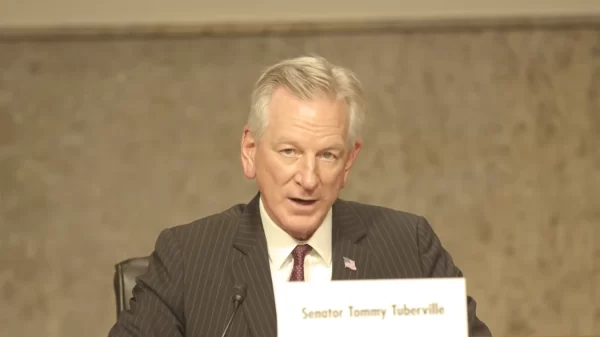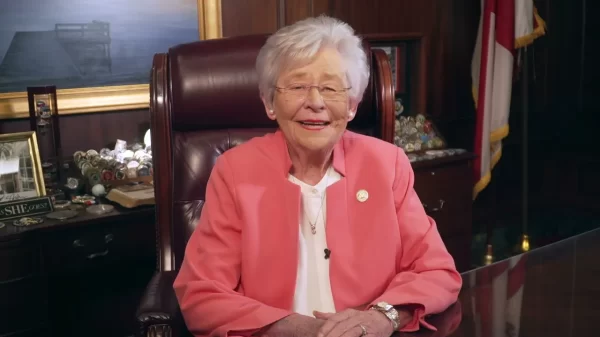As multiple recent state and national news stories have illustrated, overcrowded state prisons is one of the key challenges facing Alabama. While the State Legislature has made significant strides over the past few years in the area of criminal justice reform, Alabama’s prisons are still at about 166 percent of capacity. This creates a dangerous environment for prison guards, healthcare providers, and the inmates themselves.
There are multiple solutions we need to pursue. We need to build newer, more efficient prisons that require fewer correctional officers, and we must continue to identify ways of punishing non-violent, first-time offenders that don’t involve extended prison stays.
Crucially, we must also find a way to reduce recidivism, or the percentage of prisoners who commit additional crimes after being released from prison for their first offence.
This is a challenge that President Donald Trump has started to address at the federal level: the First Step Act of 2018 is designed to reduce recidivism via education programs, fair sentencing, and smart confinement.
There are obvious fiscal and moral costs for society when someone re-offends and goes back to prison. Taxpayers have to foot the bill for the inmate’s prison stay, and a family somewhere loses a father, a brother, a mother or a sister, to the gray twilight of our correctional system and potentially, a life of crime. Swift and full punishment must be meted out to the guilty; but once a prison sentence is served and justice has been done, the ex-inmate needs to become a contributing member of society.
Currently, Alabama’s recidivism rate is at 31%, which compares favorably to the national average of 34 percent. But Alabama can do better — and the central figure to keep in mind is that only 7 percent of inmates with a marketable job skill commit a second crime.
Writing in The American Interest, Emily Mooney reports that a 2018 RAND study showed that educational programs offered in prisons were associated with reducing re-offending rates by as much as 32 percent. Mooney also points to a 2013 RAND study which showed that every dollar spent on education programs behind bars saved taxpayers up to five dollars in lower recidivism rates.
The research supports what is an intuitive conclusion: a young man who leaves prison with a welding certificate is more likely to find a job, and stay out of trouble, than the one who leaves prison without much more than a contacts list filled with the thieves and drug dealers he met behind bars.
Ingram State Technical College in Elmore County runs six job-training sites across Alabama for state prisoners, who have the opportunity to earn certificates in barbering, HVAC, welding, and plumbing, among other skills. I have had the privilege of touring several of these facilities, and the work done is impressive. Alabama should expand these job-training programs, and give more inmates an opportunity to build a new life centered around honest work.
Ultimately, however, giving these men and women in state prison the opportunity learn a skill is about math and budgeting as much as it is about redemption. Overcrowding in our state prisons has led to multiple lawsuits in federal court, and the Department of Justice has opened an investigation into Alabama’s prisons. Expanding Alabama’s existing education programs in state prisons will save taxpayer dollars over the long run, and help get us out of the cross-hairs of the DOJ and the federal courts.
Ward represents District 14 in the Alabama State Senate, which includes all or parts of Shelby, Bibb, and Chilton counties. He serves as Chairman of the Senate Judiciary Committee. Follow him on Twitter: @SenCamWard





















































